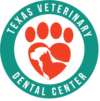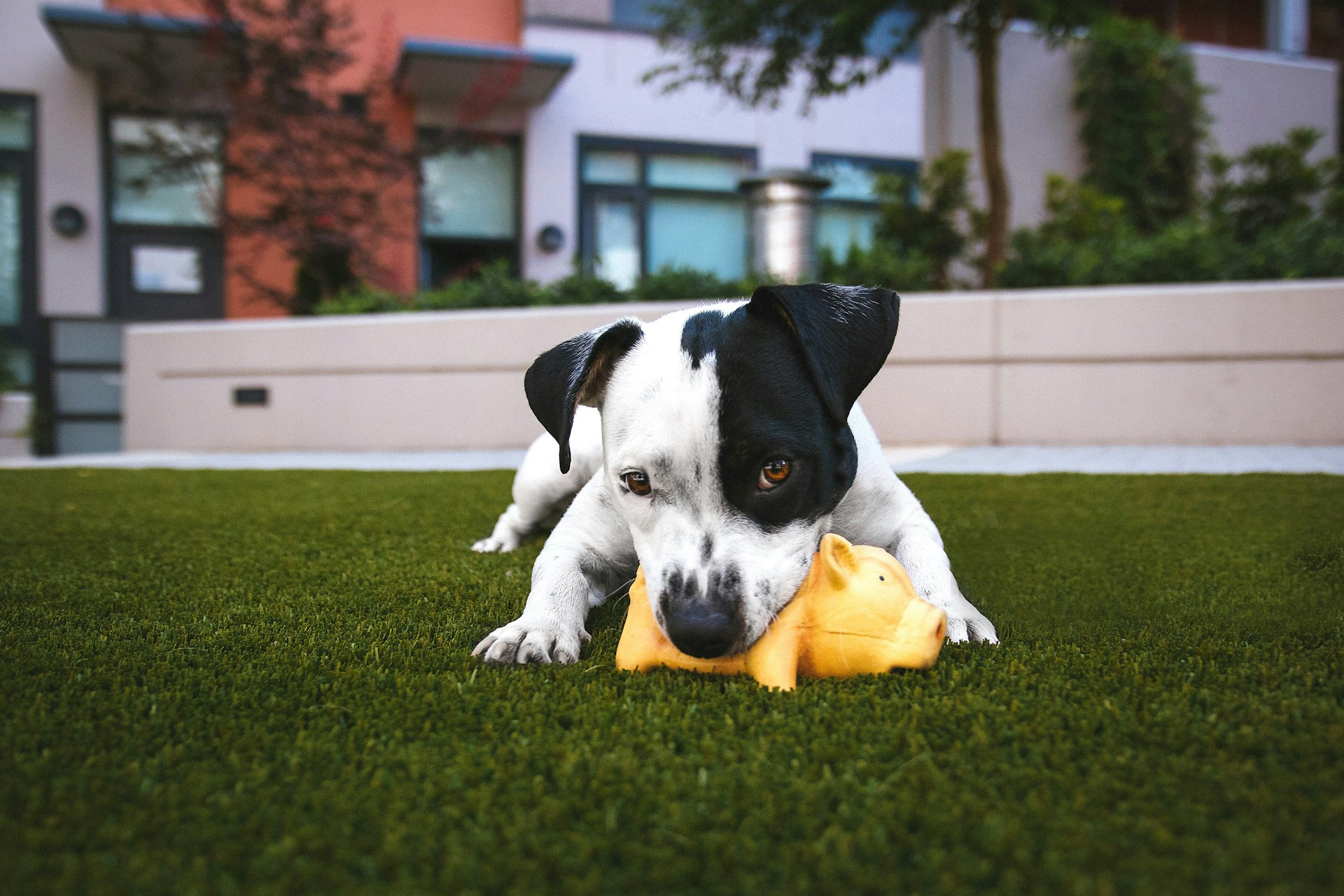At home dental care is an important step in ensuring that your pet maintains optimal oral health.
One of the ways to achieve this is to harness your pet’s natural inclination to chew. However,
you must be careful to provide a proper chew or treat. Improper chew selection may not only
provide inadequate cleaning functionality, but some may even damage teeth. Hardness,
abrasiveness, and obstruction risk are a few factors to consider when selecting the chew that is
best for your pet.
Choosing the Right Chew, and What to Avoid
If a chew is harder than the teeth, then your pet may fracture a tooth when they bite down.
Common examples to avoid in this category include true bones, hooves, and antlers. A good
rule of thumb is that you should be able to cause an indentation into the chew with a fingernail
after the chew has been moistened, or that you should be able to cause a degree of flexion of
the chew with your hands.
Abrasive chews are those with a rough exterior that may cause undue wear on your pet’s teeth.
A common example here is the tennis ball. While the tennis ball itself is flexible and has
significant give when your pet bites down, its rough fabric coating slowly scrapes away the
surface layers of the teeth, causing long-term damage and sensitivity.
Some pets are prone to attempt swallowing a chew or toy, either whole or in pieces. It is
important to evaluate your pet’s behavior when electing a chew that is right for them. Consider
the size, shape, and digestibility of the chew. An appropriate size chew for the size of pet will
help to discourage your pet from trying to swallow the chew whole. Many chews will have size
or weight ranges to aid in selection. The shape of the chew is important to avoid it getting stuck
on their teeth, in their throat, or within their gastrointestinal tract. Tightly coiled rawhide or chew
with bulbous ends should be avoided. Lastly, it is important to select a chew that is digestible to
ensure that when your pet does inevitably swallow a piece, it can pass through or be broken
down by their system to prevent indigestion and blockages.
For a full list of recommended dental chews, you should opt for a chew that is approved by the
Veterinary Oral Health Council (VOHC) at VOHC.org. Such products will have the “VOHC”
stamp of approval on them.
Dog Dentist in Houston, Texas
Call our office today if you have any questions about what chews are right for your pet.
Images used under creative commons license – commercial use (9/20/2024). Photo by Justin Veenema on Unsplash

